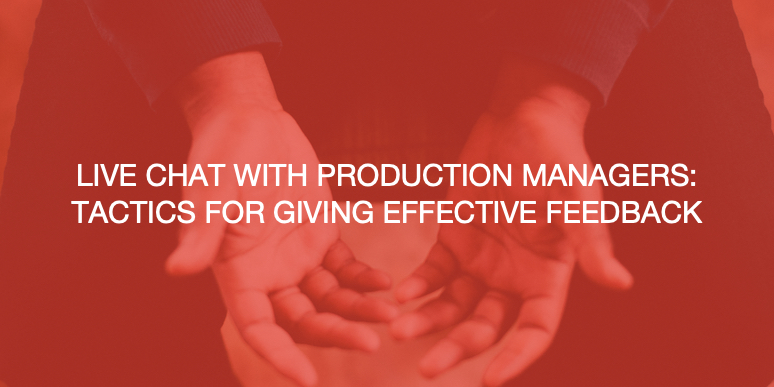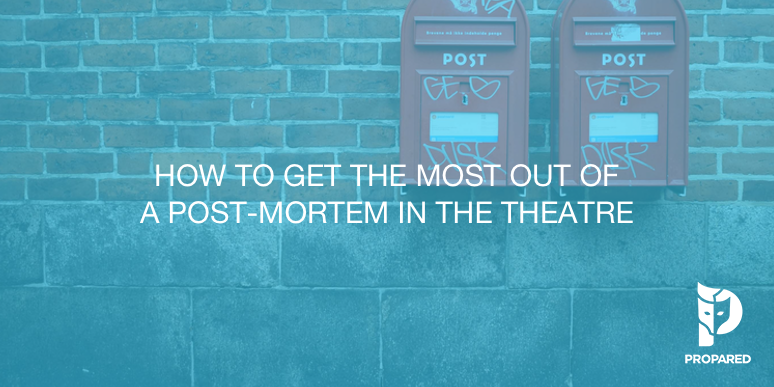
“They don’t know what they’re talking about!” “What are they thinking?!?” “They’re crazy!” Many timesI’ve heard event managers talk about clients this way. Sometimes more colorfully. What could fuel such ire? If you guessed seeing the budget, you’d be right.
Every event planner has, will, or is currently dealing with an unrealistic budget. And navigating this challenge is tricky. Sometimes it can seem downright impossible. I’ve spent many a long night staring at a number at the bottom of a quote, saying to myself, “There’s no way we can do this job at that price.”
All’s not lost, however. You just need to change the stigma of talking openly about a budget. Once you do, you’ll find a number of ways you can have positive conversations with your clients about money and work toward a successful resolution.
1. People aren’t “crazy,” but the criteria they are forced to work with might be
There’s typically a reason behind the unreasonable. Put yourself in your client’s or client rep’s shoes. Try to understand WHY the budget is what it is. When was it set? Who approved it? What other decisions have been made since the initial budget was allocated? More often than not, event budgeting is tied to annual strategic planning. Especially for corporate clients. They aren’t set based on the realities of the project at hand. They may have been approved by executives using seemingly arbitrary criteria. Here’s an example I’ve run into pretty recently: an event budget based soley on data from the previous year. Not taking into account even the most basic price hikes and costs.
Rather than get frazzled, work under the assumption that your point of contact isn’t out to make your job difficult. He or she is operating with the best information available at the time. However at odds it might be with reality. Hey, that might mean…
2. Sometimes your client doesn’t have any more control over the budget than you do
It’s entirely possible that you’re not the only one who’s come into this process long after the budget has been “set.” Event coordinators, marketers, production managers: often we’re simply working with what we’ve got. If you realize this is the case, huzzah! Why the optimism? Because in reality, you’re both on the same team and just don’t know it yet. So how do you and your client or client rep begin working together?
3. Educate, educate, educate, then collaborate
You’re the expert here. If you are producing, or at least helping to manage the event logistics, you have information the client might not. Share it. Explain why the budget won’t work. Be specific and transparent. Stick to facts and back them up with supporting documentation. Stay away from emotion and resorting to colorful exasperations. It’s usually not your contact’s fault the budget sucks. Show what things actually cost, how much time it takes to accomplish tasks, and the order things need to happen. Alert the client to extenuating circumstances that he or she may not have considered. For example, is the venue hosting the event a union house? Not something a client would necessarily have researched. Is the city much more expensive than the last time your tour passed through? Is the Pope in town? Always have suggestions or recommendations for each of the points you raise. It’s your job to help your client find solutions that meet the vision. I’ve seen many clients who, once armed with facts, documents, and options, go back to the higher-ups. They explain the situation and poof, get more money.
4. But it’s not always the money’s fault!
No way around it. Sometimes a budget is simply tight. It isn’t a matter of needing to give the client more information. There just isn’t additional coin available to make the event happen. You could walk away. Or you could work with your client to adjust current requirements. Consider the following.
5. Put the Choice of Venue on the Table
The venue is often the most expensive line item in a budget and where I’d typically start. When booking a venue, you are always trying to balance the bottom line rental cost, supplemental gear, and labor. How does the current venue break down in these buckets? Are there other options that would provide the same experience but by shifting costs ultimately be less expensive?
6. Revisit Design Elements
Next to venue, design can really run up costs. How much can you streamline the event design or scenic elements without sacrificing the theme? Can you get away without video? Do you NEED full catering or would drinks and passed apps suffice? Does the audience HAVE to enter through the giant ice sculpture with live penguins? If you’ve already gotten on the same page with your client, you should be pretty comfortable having a frank conversation about what’s really important for the attendees.
7. Open up the Calendar
We all love weekend parties. But can the show be moved to a less expensive rental day? Labor costs less mid-week and during the day than on weekends and at night. Sometime aligning with another show can save you a lot of money by using their equipment instead of renting your own. Does the less expensive catering company have availability on another day?
Creative solutions to budget issues are not always obvious. Your initial reaction might be to throw up your hands or worse, take a combative position with your client. That never works. Instead, take a step back and work through your options. If he or she is going to have to ask for more budget, he or she is going to need help. Be the help. Be on the same team and even if you can’t find an acceptable solution, it won’t be for lack of care or effort. Working with unrealistic budgets is never easy. But what event manager doesn’t love a good challenge?
How do you manage a client who presents you with an unrealistic budget? Share your experiences in the comments below!



